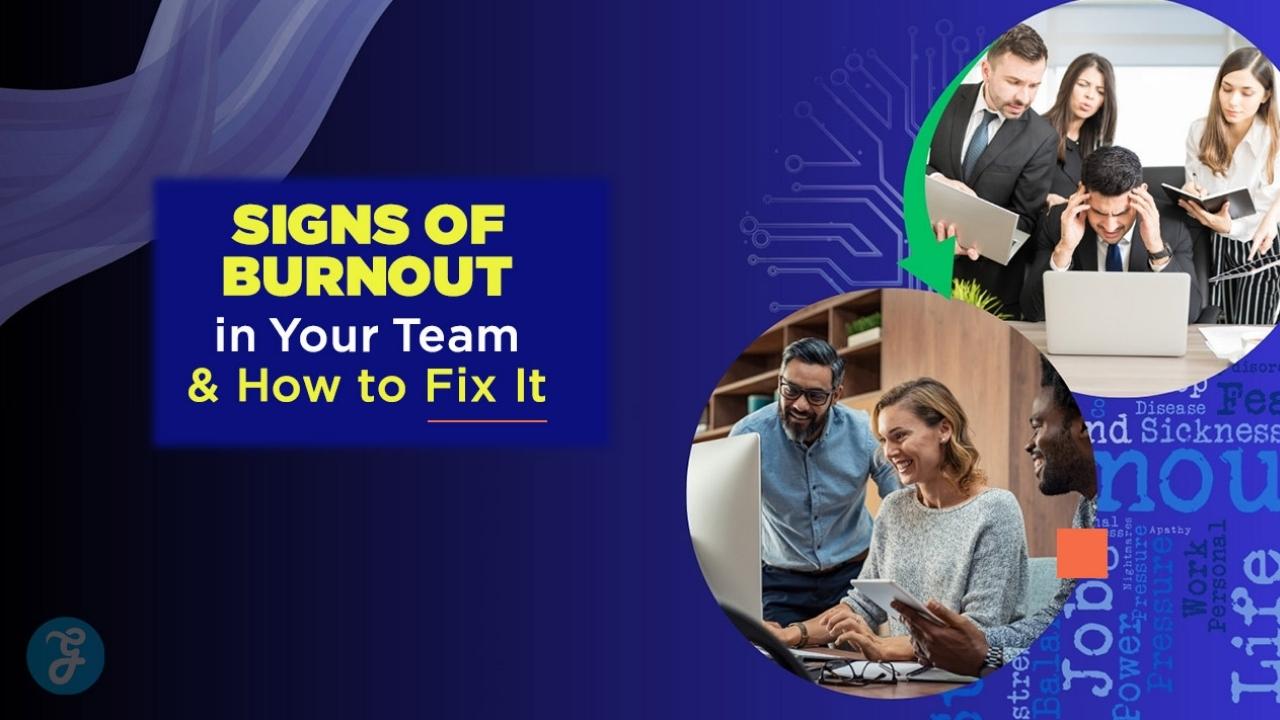Has someone recommended that you complete a nursing informatics course, but you don’t know what that is? Or are you looking to progress as a clinical nurse or manager and aren’t sure if this is the right step for you? No matter what brought you here today, we have the answers for you!
A nursing informatics course is a valuable postgraduate course that allows you to learn about and consider the technological advances and innovations that could overhaul patient care and outcomes, making healthcare a safer and more secure sector. Our guide today outlines the nursing informatics course so you can see if it’s the right choice for your career.
What is a nursing informatics course?
A nursing informatics course is a post-graduate course offered to practising nurses. The qualification is usually offered as a graduate certificate in nursing informatics leadership and is one level above a bachelor’s degree. The course looks at how you can drive innovation and improvements in patient outcomes. You will use and analyse nursing informatics systems and practices to see how they align with patient safety, nursing workflow, and information needs.
The course usually lasts eight months part-time, and you can choose to study online, allowing you to fit your studies around your busy schedule. Unlike other nursing courses, there is no placement involved here, all of the learning takes place at home with the course materials available 24.7.
What will I learn on a nursing informatics course?
What you learn on a nursing informatics course will vary depending on the course provider you choose. Any postgraduate nursing informatics course will teach you about the challenges in healthcare and how you can use technology and new practices to improve patient care.
A nursing informatics course involves four units where you cover topics including nurse leadership and innovating through informatics. Each unit covers a different topic and can vary from provider to provider. We have detailed the units you can expect to cover below:
Nursing leadership and management
In this unit, you will discover the skills needed to be a successful nursing manager, helping you progress into a career of leadership. You will learn about the challenges in healthcare and how you can manage these challenges to support your staff and provide better care for your patients. You will develop your mentoring, coaching and motivating skills, which are vital to being a successful nurse manager.
Nursing informatics
This unit teaches you about and practises health informatics skills to access information systems and their alignment to nursing workflow, information needs, and patient safety. You will develop data and analytics skills, examining how nursing informatics can aid in patient care and their limitations. You will look at the issues of security, privacy, and confidentiality and how we can maintain these while using new technologies.
Leading improvement and innovation
As a nurse manager and leader, you will need to lead improvement and innovation, but you must understand all of the concerns that could stand in your way. You will learn about the safety and quality concerns in nursing practice and how this influences patient outcomes.
You will be given the tools and techniques needed to improve patient care, increasing its quality and making it safer. You will get to create an approach to quality improvement that enhances an aspect of the nurse practice environment and improves patient outcomes.
Nursing informatics leadership
This unit looks at the digital technologies used to provide high-quality patient care. You will learn about the digital healthcare landscape and the adoption of nursing informatics technologies and practices. You will examine the role of leadership in implementing and using nursing informatics and get to put this knowledge into practice, too. The unit’s goal is to provide you with the ability to advocate and lead on policies, procedures and practices to maximise the benefits of health informatics.
What do I need to apply for a nursing informatics course?
The entry requirements for a nursing informatics course vary depending on the course provider, but you can expect to need the following:
- An AQF Level 7 bachelor of nursing (or equivalent)
- Current registration as a registered nurse with the Australian Health Practitioner Regulation Agency (AHPRA)
You can also apply for the course if you don’t have the AQF Level 7 bachelor of nursing, if you are registered as a nurse with the APHRA and have one year of whole or part-time clinical work experience.
What can I do with a nursing informatics course?
A nursing informatics course provides you with access to informatics roles, where you can help to adopt and implement changes that would improve patient care without overwhelming nurses. Many graduates move into the roles listed below:
- Health informatics officer
- Informatics coordinator
- Informatics officer
- Clinical nurse
You could also return to education and complete a master’s in nursing after your graduate certificate. This would help strengthen your management skills and allow you to access higher-paid roles within healthcare.
Final thoughts
A postgraduate nursing informatics course is invaluable if you want to progress in your nursing career or orchestrate change that will improve patient care.



































